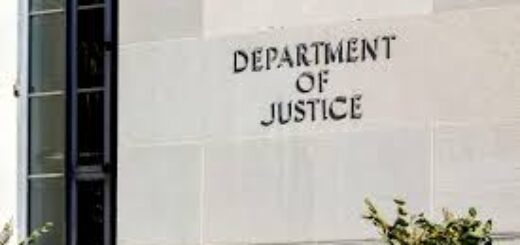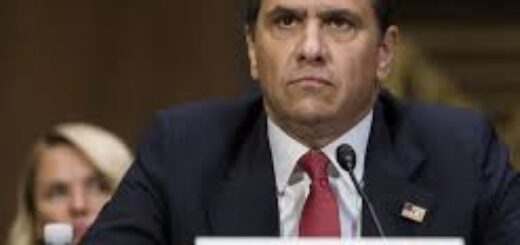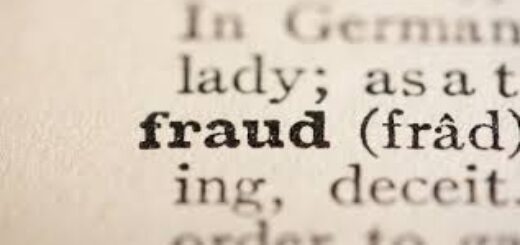OFAC Imposes $608,825 Penalty on Key Holding, LLC for Apparent Violations of Cuban Sanctions Regulations
On July 2, 2025, the U.S. Department of the Treasury’s Office of Foreign Assets Control (“OFAC”) announced that it had entered into a settlement agreement with Key Holding, LLC (“Key Holding”), a privately held logistics and freight forwarding firm headquartered in Delaware, to resolve Key Holding’s potential civil liability for apparent violations of the Cuban Assets Control Regulations (“CACR”), 31 C.F.R. part 515. The apparent...























